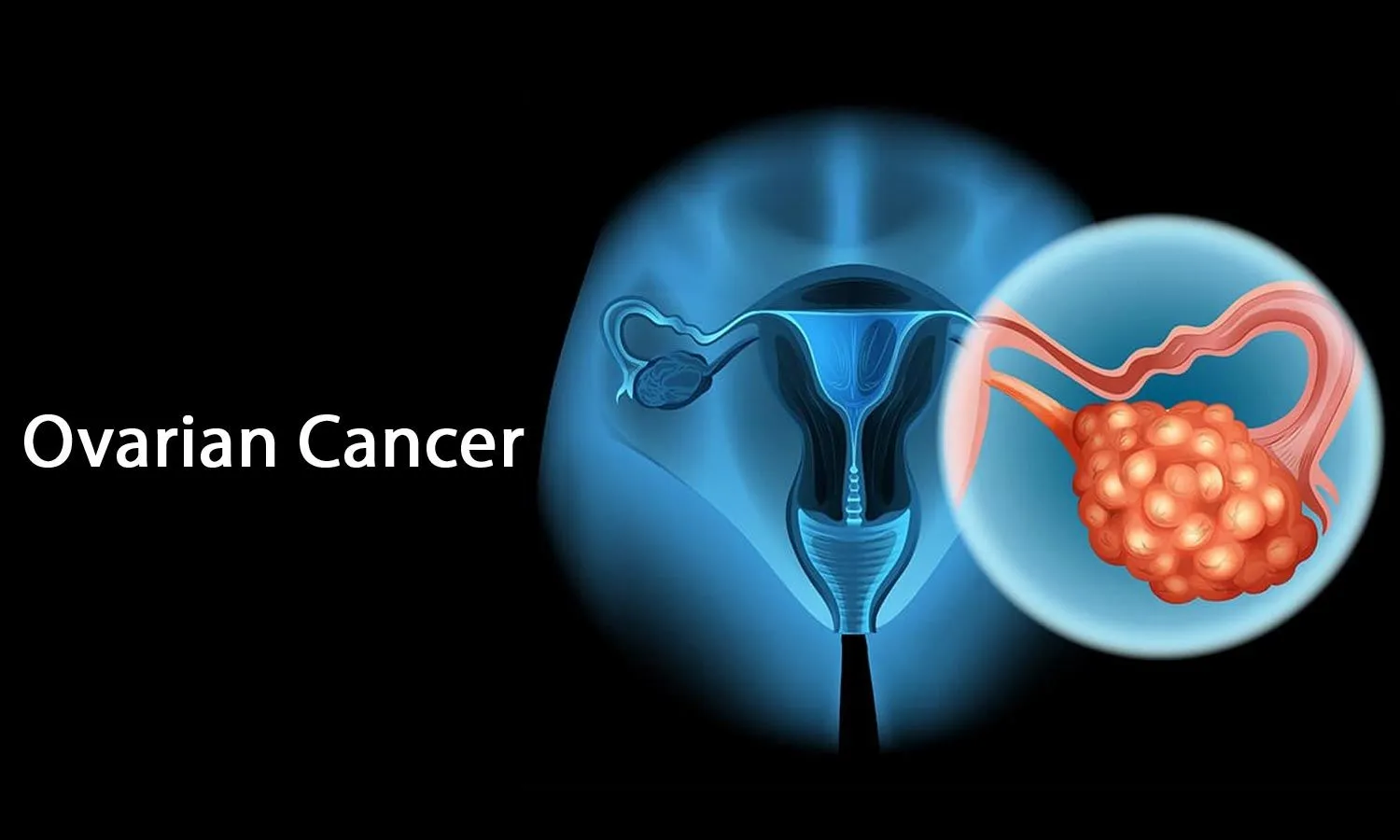
It whispers before it strikes. Ovarian cancer—often called the “silent killer”—sneaks in without dramatic warning signs. Bloating, abdominal fullness, vague discomfort—most women dismiss these as routine health hiccups. But this quiet invader can rapidly evolve, making it one of the deadliest gynecological cancers.
However, the narrative around ovarian cancer is shifting. New insights from researchers and oncologists reveal that women can regain control—not just by detecting early, but by actively reducing the risk through daily lifestyle choices. And it begins with your plate, your shoes, and your routines.

A Game-Changer in Prevention: What the LIVES Study Revealed
The Lifestyle Intervention for Ovarian Cancer Enhanced Survival (LIVES) study conducted across 49 U.S. states in 2024 dropped a powerful revelation: Women who consumed at least 6.6 servings of vegetables and fruits per day showed a significantly lower risk of developing ovarian cancer.
That’s not just salad talk. We’re speaking of hard epidemiological data pointing toward a future where dietary changes act as shields.
“Your Diet Is Your Destiny” — What Experts Say
In an exclusive chat with Hindustan Times Lifestyle, Dr. Harshit Shah, Associate Surgical Oncologist at Fortis Hospital, Kalyan, drove the point home:
“It is generally recognised that whole grains, fruits, and vegetables are beneficial due to their high fiber content, their balanced ratio of fatty acids to saturated fats, and the substantial amounts of antioxidants present.”
This isn’t about trendy diets or fad detoxes—it’s about nutritional armor. Dr. Shah emphasizes how fiber-rich, low-fat, and antioxidant-heavy meals can help the body fight off cellular mutations and maintain hormonal balance.
More Than Just Food: Movement Matters
A healthy plate is just one half of the equation. Physical activity plays a pivotal role in cutting cancer risk. “Healthy dietary patterns are commonly associated with healthy lifestyles,” Dr. Shah explains. He notes that increased physical activity is:
- Tied to a reduced risk of many cancers
- Aiding metabolic function and hormonal regulation
- Contributing to lower inflammation and improved immune response
Even moderate movement—a brisk walk, a yoga session, or a cycling routine—can change your cellular destiny.
Fiber and Omega-3s: The Power Duo for Women’s Health
Let’s talk science-backed superheroes: omega-3 fatty acids and fiber. Found in foods like flax seeds, walnuts, chia, salmon, spinach, and oats, these nutrients don’t just reduce inflammation. According to recent findings:

- Omega-3s create cancer-fighting compounds in the body
- Fiber helps flush excess hormones and carcinogens from your system
Together, they offer a natural line of defense—arming your cells with resilience.
The Hidden Hero: Breastfeeding’s Long-Term Impact
Another unexpected protective factor? Breastfeeding. A comprehensive meta-analysis of 40 studies revealed a 24% reduction in ovarian cancer risk among women who breastfed longer.
It’s not just about nurturing the baby—it’s about long-term biological shielding for the mother. The more we understand the intricate connections between lifestyle and cancer risk, the more empowered women become.
Quality Over Quantity: What You Eat Still Matters Post-Diagnosis
Let’s not forget survivorship. In a 2014 Women’s Health Initiative analysis, women diagnosed with ovarian cancer who followed a high-quality diet (think high fruit and vegetable intake, low alcohol and fat consumption) saw a 37% reduction in all-cause mortality.
Australian epidemiological studies echoed this, showing a 39% higher survival rate with better post-diagnosis diet quality.
This means the fight doesn’t end at diagnosis—it evolves. And the weapons are still largely natural and accessible.
Don’t Miss the Subtle Signals
“The symptoms of ovarian cancer are vague,” Dr. Shah warns. “Abdominal discomfort, bloating, and fullness are easily missed—and hence, patients present at advanced stages.”
Education is power. Knowing what to look for and responding quickly—paired with proactive lifestyle habits—could turn the tide for thousands.

Your Lifestyle, Your Lifeline
The science is resounding. From broccoli bowls to brisk walks, breastfeeding to balance, every small action adds up to monumental impact.
It’s time we shift our mindset from fear to fortitude. Because when it comes to ovarian cancer, prevention might just be our best cure—and it begins with what’s already in our hands.